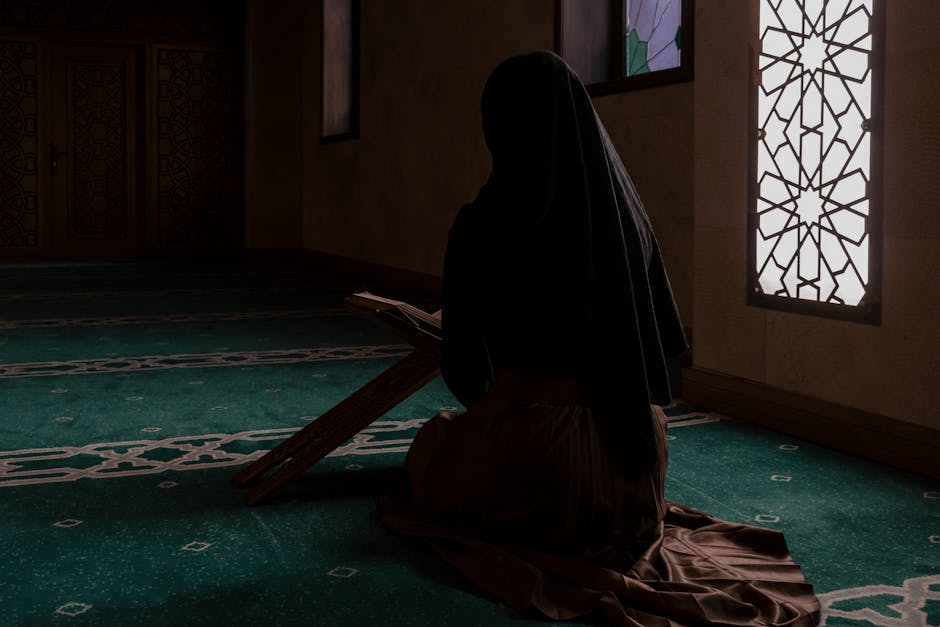Rituals, often perceived as mere customs or repetitive actions, hold profound significance in shaping faith and fostering spiritual connection. From the intricate ceremonies of established religions to the quiet, personal practices of individuals seeking spiritual growth, rituals serve as a bridge between the mundane and the sacred, the individual and the divine. Understanding their role necessitates exploring their multifaceted nature and the ways in which they contribute to a holistic spiritual life.
A core function of rituals is to provide structure and meaning to life’s inherent ambiguities. Life, in its unpredictable nature, can often feel overwhelming. Rituals offer a framework, a set of prescribed actions and symbolic gestures, that provides a sense of order and predictability within this chaos. These structured patterns allow individuals to connect with a larger purpose, a transcendent reality, and a sense of belonging to something greater than themselves. Consider the daily prayers of Muslims, the Sabbath observance of Jewish traditions, or the Hindu practice of puja each ritual establishes a rhythm, a timeframe, for engaging with the divine, establishing a sense of consistency and grounding within the flow of daily life.
Furthermore, rituals facilitate emotional engagement with the sacred. By enacting specific gestures, uttering particular words, and donning specific attire, individuals evoke specific emotions and perspectives that transcend the purely rational. The act of lighting candles in a church, the act of chanting mantras, or the act of partaking in communion all create an emotional atmosphere that elevates the experience beyond the simple act itself. This emotional resonance fosters deeper connection with the spiritual realm, allowing individuals to tap into feelings of reverence, awe, gratitude, or even profound peace. This emotional engagement is critical for individuals who find meaning in the more visceral aspects of their faith.
The symbolic power of rituals also plays a crucial role in religious and spiritual experience. Symbols, often embedded within rituals, act as powerful reminders of core beliefs and values. A crucifix represents the sacrifice of Christ in Christianity, a star and crescent embodies Islamic faith, and a lotus flower signifies purity in Buddhism. These symbols, inherent in ritual practice, serve as powerful signifiers that connect the mundane actions with transcendental concepts and profound ideas. They foster collective understanding and memory, ensuring that the core principles and tenets of faith remain alive within the community and the individual.
Rituals, therefore, are often interwoven with narratives and stories. These narratives, whether passed down through generations or recounted during sacred ceremonies, provide a contextual framework for understanding the significance of the ritual itself. Consider the story of Passover in Judaism, which is enacted through a ritual meal and detailed recitations. By retelling and embodying these narratives, individuals connect with their heritage, gain insight into the history of their faith, and deepen their personal commitment to the values and beliefs inherent in those narratives.
However, the importance of rituals should not overshadow the individual’s personal spiritual journey. While rituals can provide a framework, they are not inherently sufficient for establishing a meaningful faith. Faith also necessitates personal reflection, contemplation, and ethical living, which rituals merely support. Rituals can become rote if they are not deeply understood and embraced with a genuine intention. This crucial caveat ensures that faith-based practices are not reduced to mere performance without a genuine connection to the core principles they embody.
Beyond religious contexts, rituals are equally significant in many secular spiritual practices. Mindfulness exercises, meditation sessions, yoga, and even personal affirmations can all be categorized as rituals, each designed to cultivate a sense of inner peace and harmony. The regularity and structure found in these practices serve a similar purpose to those found in more formalized religious contexts, offering a pathway to self-discovery, personal growth, and a deeper appreciation of the self and the world around them.
Furthermore, the social dimension of rituals should be acknowledged. Participation in rituals fosters a sense of community. Gathering together for prayers, celebrating festivals, or participating in communal ceremonies cultivates a sense of belonging and strengthens social bonds. This shared experience helps to reinforce the values and beliefs of the faith and builds a network of support, which is instrumental in the spiritual journey.
In conclusion, rituals play a multifaceted role in the spiritual and religious lives of individuals and communities. They provide structure, foster emotional connection, and convey symbolic meaning. They offer a means to connect with the divine, recount shared histories, and strengthen social bonds. However, rituals must be complemented by personal reflection and ethical living. Their value lies in their ability to elevate experiences beyond the mundane, providing a powerful and evocative framework for engaging with the sacred and nurturing a deep sense of faith. Recognizing the diverse roles rituals playacross different faiths, traditions, and even within secular spiritual practicesis essential to appreciating their significance in shaping individual and collective spiritual lives.
